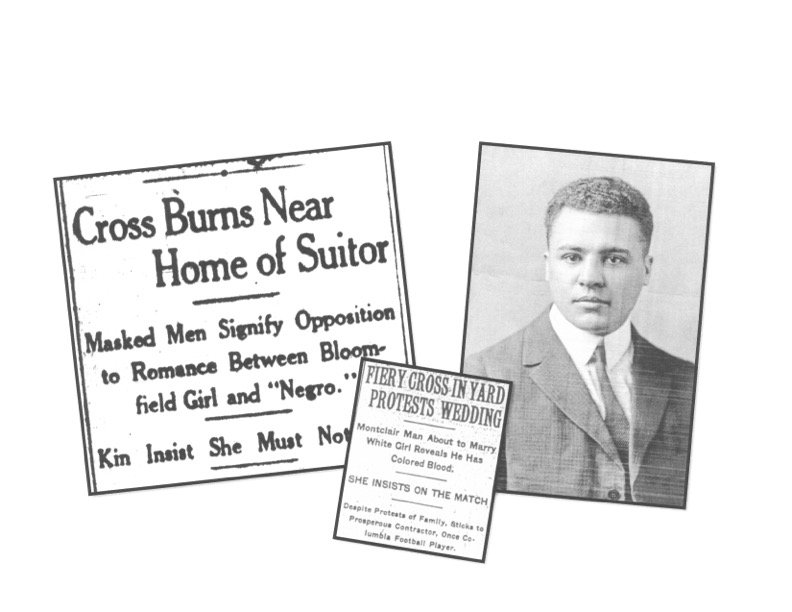Education is a critical component of the Montclair History Center’s mission—embodied in its local history programs for school children and adults and in its archives which are a center for local historical research. The namesake for the Montclair History Center’s annual scholarship, Hortense Ridley Tate, was a motivational figure at the Glenridge Avenue YWCA from 1921 and throughout the 20th century. (The Glenridge Avenue YWCA was an important and thriving organization which occupied the Crane House from 1920-1965, prior to the home being moved to Orange Road and converted to a museum.) As the Girl Reserve Secretary and leader of the Glenridge Avenue YWCA, Mrs. Tate inspired countless young women by creating a positive environment, fostering cultural pride, and encouraging African American women to pursue higher educational degrees. The Montclair History Center’s Crane House and Historic YWCA Museum shares stories of those important YWCA years, in the context of the history of the home, our township, and our country.
This year’s Hortense Tate Scholarship was awarded to Desiree Lawrence. Her essay recounts a 1925 cross burning outside the Lexington Avenue home of Montclair’s William E. Jackson.
On behalf of the Montclair History Center, Trustee April DiComo presents the 2023 Hortense Tate Scholarship to Desiree Lawrence at the Montclair High School Awards Night in June.
Desiree is an American University-bound scholar who has also involved in many community service endeavors throughout her high school years. We think Mrs. Tate -- who inspired so many through her work at the Glenridge Avenue YWCA – would be proud of Desiree’s endeavors to share important stories from history and to improve the future.
There were many qualified applicants for the 2023 Hortense Tate Scholarship, with compelling essays that included genuine connections to Montclair history. The Montclair History Center wishes them all great success in their futures.
Essay by Desiree Lawrence
Montclair's history is rooted in a deep and rich diverse community with many untapped stories waiting to be told. One story in particular has resonated with me since I first heard it. It is the hardest stories to find that have the most impact. The story of William E. Jackson and the cross burning outside of his house in 1925, has heavily impacted me. This event was a pivotal moment in Montclair's history that has been swept under the rug. And now, I will tell his story as accurately as I can.
William E. Jackson was the owner of Montclair Construction and a graduate of Columbia University of mixed-race descent. His dad was from Ireland and his mom was from Florida. During the cross-burning, he proposed to Bloomfield resident Helen Burns, a white woman. According to a New York Times article, a cross was burned at his home at 18 Lexington Ave in protest of the wedding. Despite my efforts, I was unable to locate any records of the marriage. For example on the 1930 United States Federal Census, a 39 year old Jackson was single.
This incident occurred 42 years before the Supreme Court ruled that laws banning interracial marriage were unconstitutional in Loving v. Virginia. What Mr. Jackson, a successful businessman and Ivy League graduate had to endure as a result of his race, is a testament to the hardships African-Americans have faced all over this country.
However, Montclair has made steps towards equality. The Montclair NAACP was established in 1916. In 1928, Miss Laura Lewis refused to move from a seat in the Clairidge theater. In 1912, the first black YWCA was established. And now Montclair is home to a population of 10,000 African Americans who make up the beautifully diverse black diaspora. I am proud to be one of those people.
It is important that we remember the story of William E. Jackson and use it as a reminder of how far we have come as a community. We must strive to continue to make progress.


